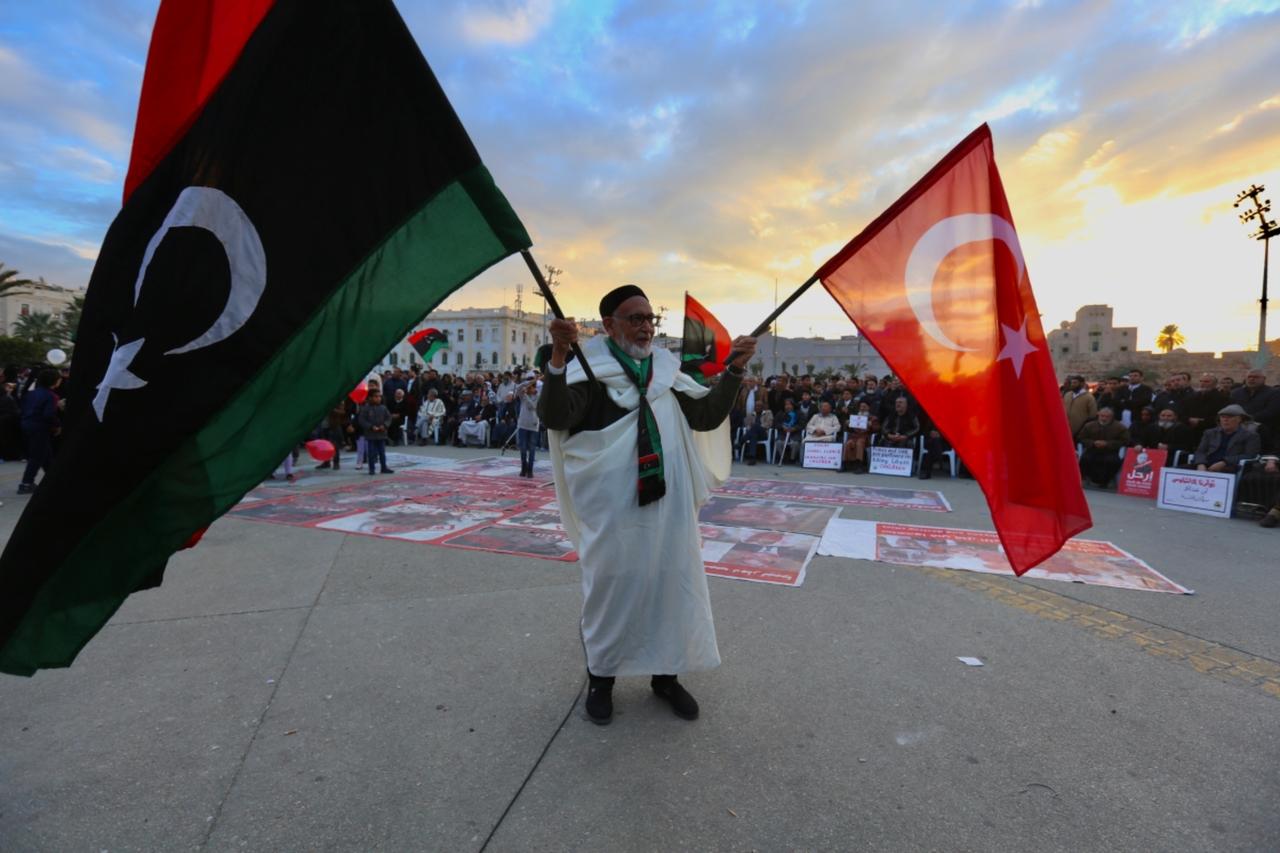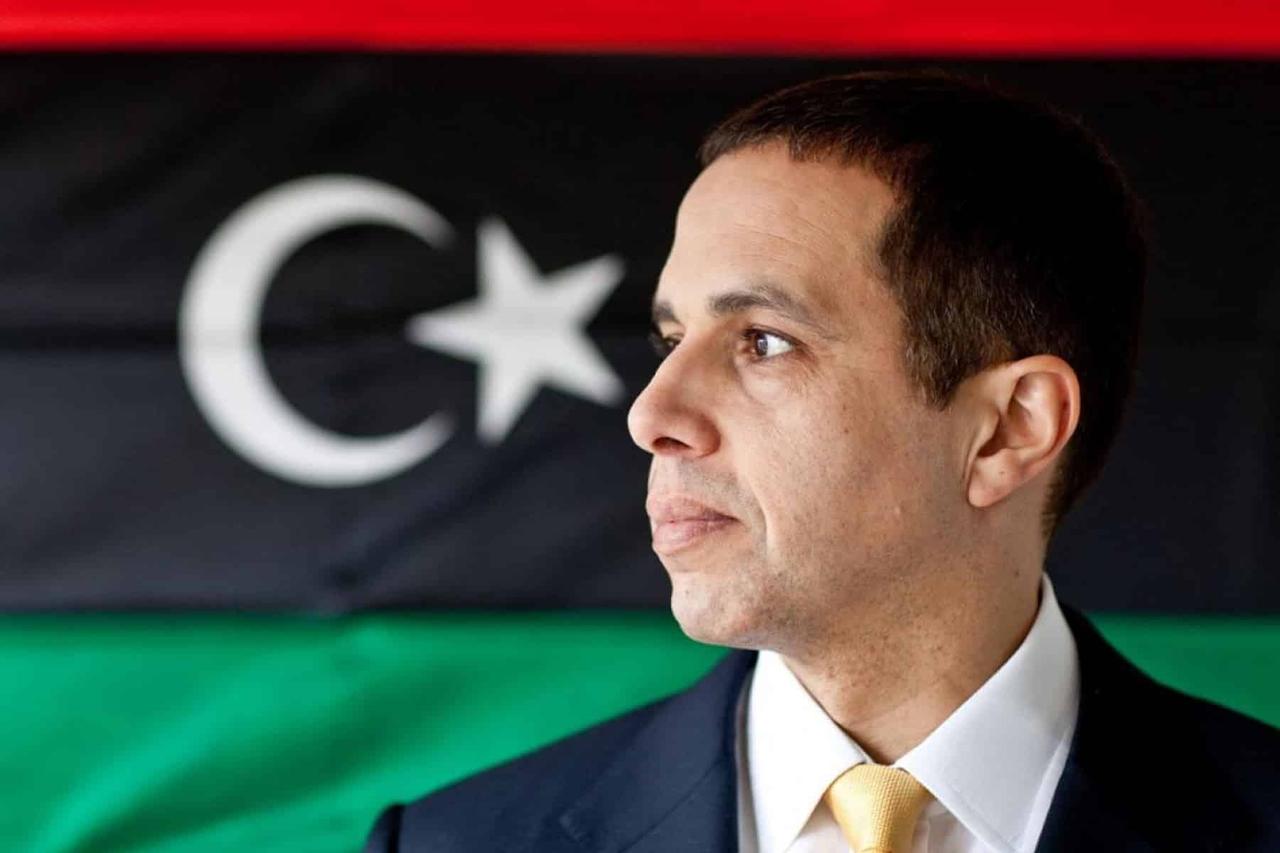
When U.S. Ambassador to Türkiye Tom Barrack noted that "everywhere a monarchy existed, there was stability," and observed that order in the region has endured "since Ottoman times," he identified a truth often ignored in modern policymaking circles. Ambassador Barrack's statements were not an endorsement of nostalgia. Instead, it was an acknowledgement of how political systems operate: Continuity stabilises, legitimacy endures, and institutions with historical roots outlast those engineered in haste.
For more than two decades, the policy which has driven Western interventionism has assumed the opposite. Inherited governance structures that had long existed in the region, including monarchies, tribal compacts, and constitutional orders, were seen as relics that needed replacement rather than as foundations for nations' futures. Instead of democratic consolidation, fractured states emerged, each with its own degree of contested authority, alongside political vacuums which external actors could not fill.
Türkiye, informed by its own historical experience, took a different path. Ankara's regional diplomacy has not sought to erase existing legitimacy but to work within it, preserving the historical balance which more often than not holds states together. Nowhere is the contrast more apparent than in Libya.
Libya's political DNA cannot be separated from the centuries it spent within the Ottoman administrative architecture. Many of the governing practices that later shaped the Senussi-era state — such as the reliance on locally anchored notables, the mediation-based approach to managing tribal disputes, and the continued use of Sharia courts alongside customary law — were inherited directly from Ottoman provincial governance. Even elements of administrative structure, including the balance between central authority and regional autonomy, survived into the post-independent constitutional monarchy.
This was a system that governed not through centralised reinvention, but through layered authority, negotiated legitimacy, and institutional continuity. The rupture that Libya would eventually face did not occur during its time under Ottoman rule or under Libya's first post-independent constitutional framework. This would arrive later, through colonial interruption and eventually a revolution. Türkiye’s contemporary approach reflects a similar stabilising logic. Rather than redesigning Libya’s political landscape, Ankara has supported ceasefire efforts, backed both U.N.-recognised electoral and constitutional tracks, and negotiated MoUs with institutions that hold legal standing. Its engagement has consistently aimed at preventing collapse by working with existing sources of legitimacy.
Under King Idris al-Senussi and the 1951 Constitution, Libya's first democratic framework, and among the first in the region, the country functioned as a federal constitutional monarchy. King Idris balanced tribal, regional, and parliamentary interests within a single sovereign framework, which served as a unifying entity for the people of Cyrenaica, Tripolitania, and Fezzan. Crucially, it anchored legitimacy above factional competition, something which no arrangement has achieved since.
As Barrack emphasised, it was precisely in places where monarchy existed that stability held longest. This, however, was not because of ceremonial symbolism but because monarchy served as an institution above the political zero-sum game. Libya embodied this logic. Its eventual destabilisation did not stem from internal exhaustion, but from the geopolitical storms of pan-Arab revolutionary upheaval and Cold War interference.

Today, the question of legitimacy in Libya has returned, not as a theoretical conversation but as a constitutional one. Crown Prince Mohammed El-Hassan El-Rida El-Senussi represents continuity of statehood outside militia structures, foreign patronage, and post-2011 fragmentation. Far from being a distant or ceremonial figure, the Crown Prince has become an increasingly active locus of political legitimacy, recently expressing his vision for the future of the country in a widely viewed Al Jazeera interview. His sustained outreach to tribal constituencies, regular engagement with diaspora communities, and consistent public interventions on national unity have positioned him as the only Libyan figure capable of articulating a coherent, nationwide vision.
Analysts and former diplomats across Europe, the Gulf, and North Africa routinely identify him as the single actor with both the historical mandate and contemporary credibility to anchor a constitutional settlement. His role today is not symbolic—it is emerging as the primary reference point for any serious conversation about Libya’s political reconstitution. When dozens of members of Libya's High Council of State endorsed a restoration of the 1951 constitutional framework, this was an implicit acknowledgement that stability requires a source of authority capable of outlasting governments, factions, and electoral cycles, although his current direct political role remains limited.
Türkiye has understood this instinctively. Its role in Libya has not been to redraw political blueprints but to prevent political collapse. It has engaged across power centres, backed diplomatic frameworks, and anchored policy in the pursuit of state preservation. Ankara's involvement reflects a principle that many Western capitals ignored: Durable states evolve from internal legitimacy and protected continuity.
The Ottoman system endured for centuries not by remaking societies in its own image, but by governing through recognised authority structures and adaptive continuity. Modern Türkiye's foreign policy, at its most effective state, echoes a similar sensibility: Stability comes from political memory, legitimacy comes from acknowledged authority, and sustainability comes from working with institutions.
The West believed that legitimacy could be engineered after disruption, dismantling frameworks faster than it built replacements, as it did in both Iraq and Afghanistan. The assumption was that new republics or technocratic systems, once installed, would take root. In practice, disassembled systems produced unstable politics, with militias, external patrons, or revisionist powers as the only actors filling the void.
The lesson resurging across the region — from Libya to Iraq to Afghanistan — is that political continuity is a precondition of democratic evolution. The states that unravelled most dramatically were not those with monarchies or historical institutions, but those from which continuity was removed without indigenous alternatives ready to replace it. Continuity is not a guarantee of perfection; in some cases, long-standing systems can stagnate or resist needed reforms. But even these shortcomings tend to be less destabilising than the vacuum created when institutional foundations are removed outright without viable successors.
Barrack's observation was not a glance backwards, but rather a warning for the future. The region's history has been written by institutions that survived generations. The countries that prospered politically were not those remade most often, but those remade least. Türkiye understands this not because it clings to history, but because history continues to reward the same lesson: States endure not where systems are reinvented, but where legitimacy is protected, and where reform is pursued through continuity rather than in its absence.